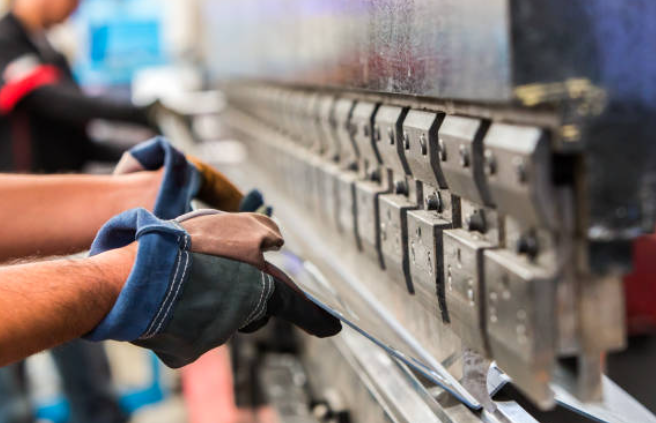
Posted on Tuesday, October 1, 2024
While roll forming primarily shapes metal sheets into continuous profiles, folding machines are responsible for adding sharp angles or creases that may not be achievable through roll forming alone. This combination allows manufacturers to create more complex parts that meet specific structural or design requirements.
In the roll forming process, metal is gradually shaped through a series of rollers that progressively bend the material into the desired profile. However, some parts require additional features like sharp bends, flanges, or complex folded edges, which is where metal folding machines come into play. These machines excel at:
In conclusion, metal folding machines enhance the capabilities of roll forming processes by introducing precise folds and bends. They are vital for producing complex metal parts used in various industries, including construction, roofing, and infrastructure, where both accuracy and consistency are paramount.

Used Purlin Roll Forming Machines for Sale Worldwide
Posted on Sunday, January 25, 2026
Pre-Owned Roll Forming Machines for Purlin & Structural Steel Profiles

Used Roof Panel Roll Forming Machines for Sale Worldwide
Posted on Sunday, January 25, 2026
Pre-Owned Roll Forming Machines for Roofing Panel Production

Used Roll Forming Machines for Sale Worldwide
Posted on Tuesday, January 20, 2026
Pre-Owned Roll Forming Machines with Inspection, Verification & Global Support

Steel Coil Supply for Roll Forming Machines Worldwide
Posted on Tuesday, January 20, 2026
Reliable Steel Coil Supply for Roll Forming, Fabrication & Manufacturing Applications
Copyright 2026 © Machine Matcher.